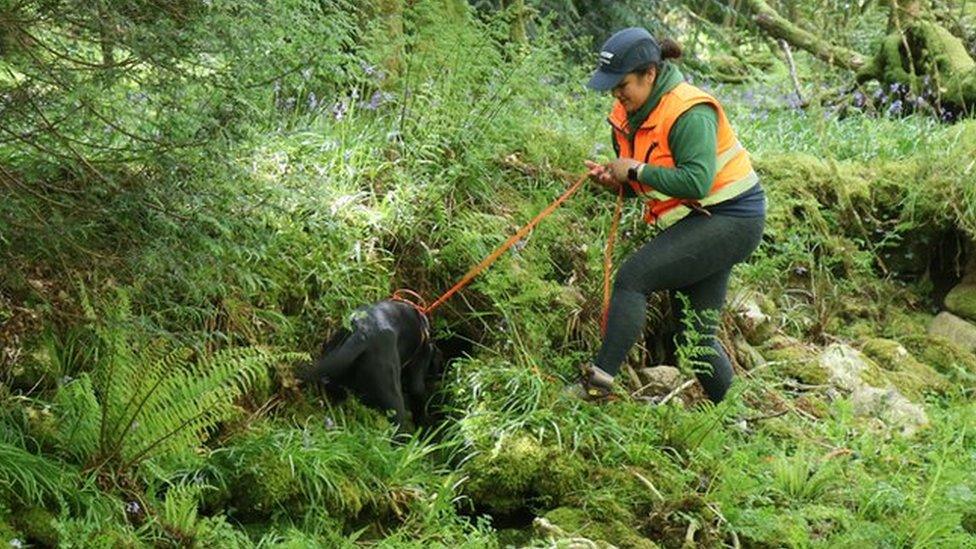Charity welcomes wildlife detection dog
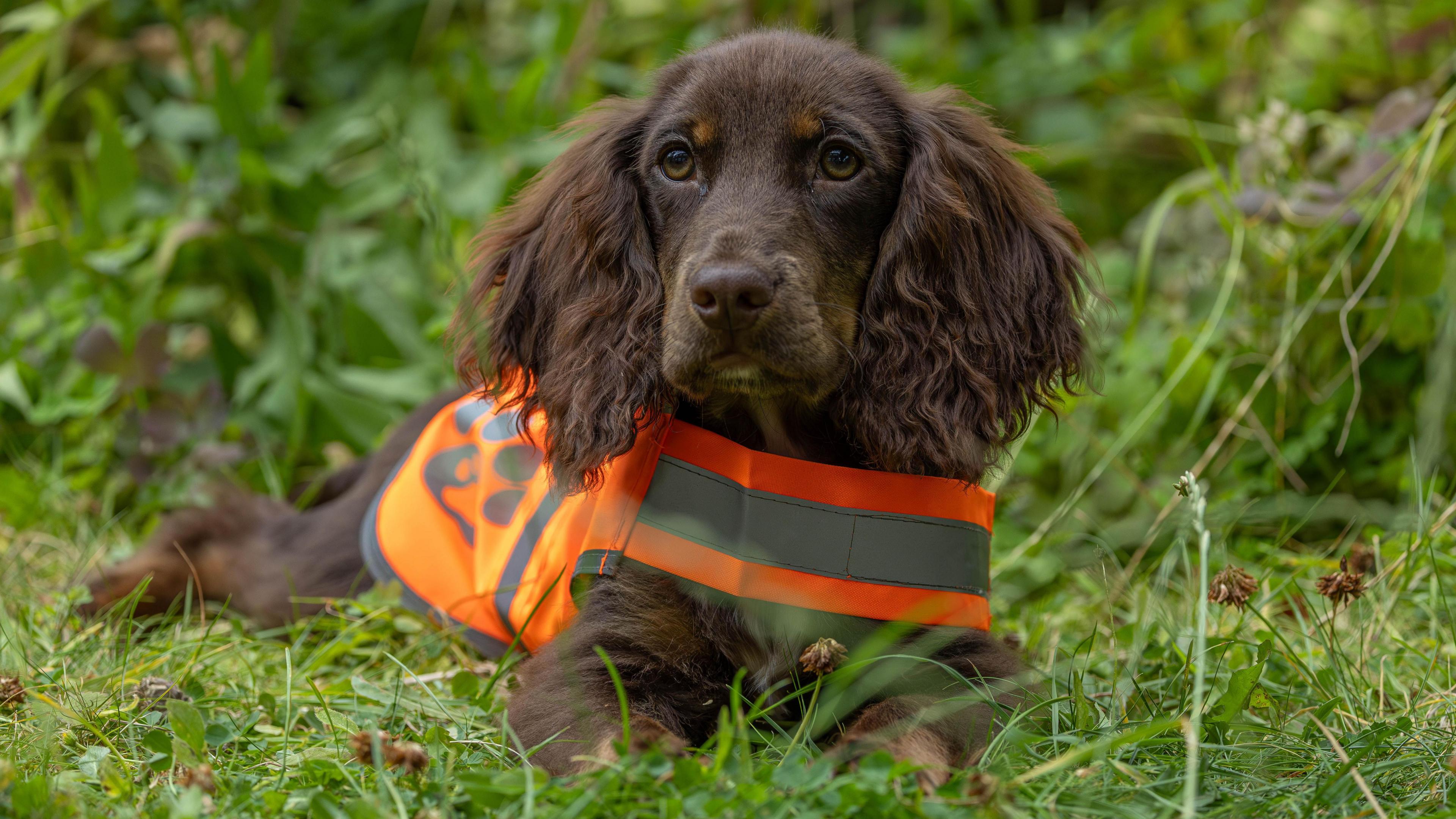
Wildlife detection dogs have been used to sniff out a range of animals including bats, squirrels and birds
- Published
A charity is training a cocker spaniel puppy to become its first wildlife detection dog.
It is hoped five-month-old Goose will help volunteers at Northumberland Wildlife Trust find species like water voles and pine martens.
Scent-trained dogs have long been used to find contraband, explosives and missing people and now some are being trained to sniff out signs of endangered or rare species.
Goose's owner Ellesse Janda, who volunteers with the trust, said: "They can find bats, squirrels and birds and have even been used to sniff out invasive plants."
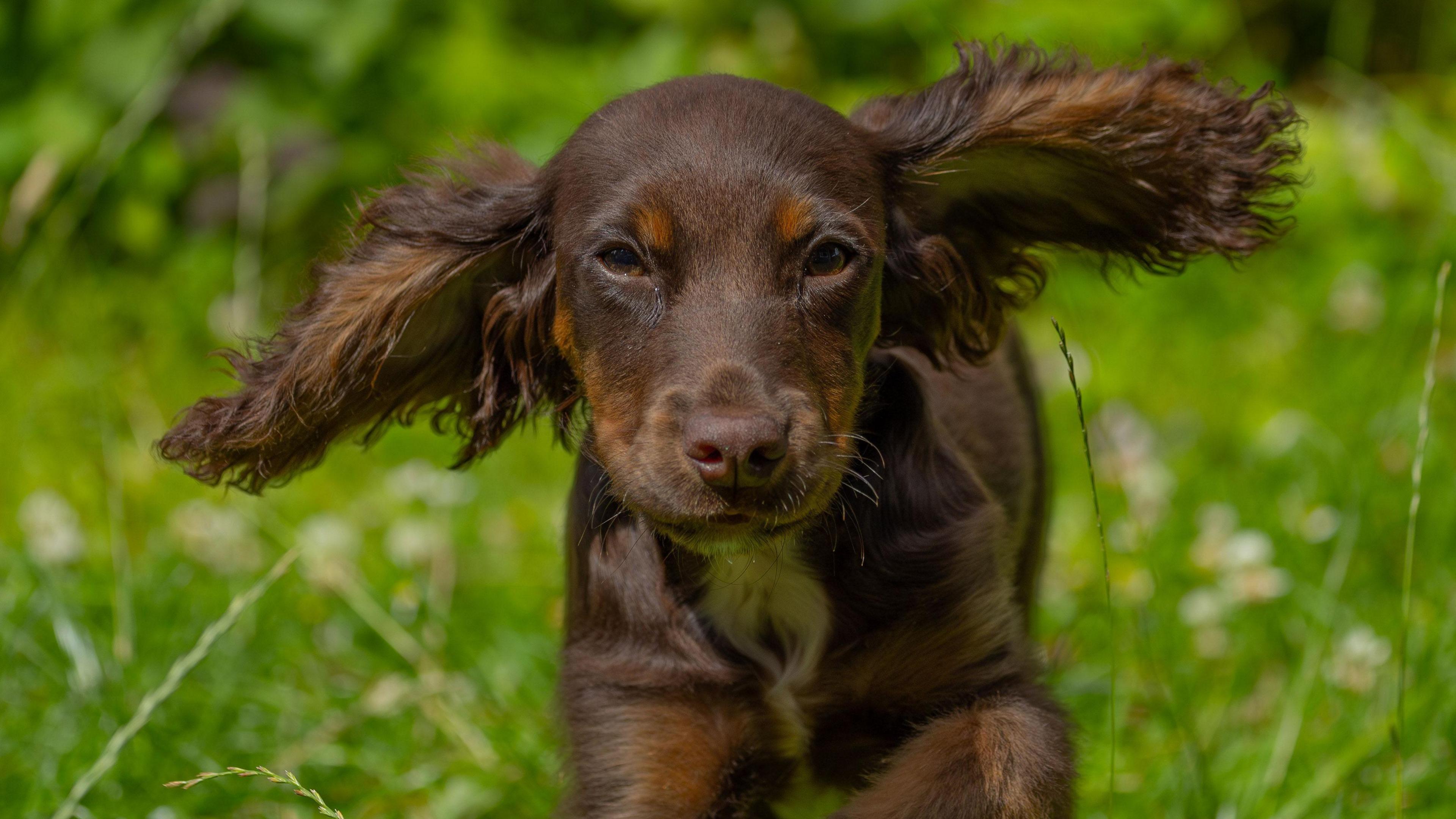
Scent-trained dogs are being trained to find specific species
Ms Janda recently spent four months conducting water vole surveys in Kielder Forest following the completion of a project to reintroduce 2,000 captively bred voles, external in the North Tyne catchment area.
She realised signs of activity were often washed away, or small signs like droppings or burrows were missed, which is where the idea of training Goose began.
He is working with specialist trainers and Ms Janda hopes he will be ready to help another survey planned for 2025.
"We've started with rabbit," she said.
"But in time we'll introduce him to the droppings of a vole and train him to start looking for that smell and to bark when he finds it, then he gets his ball."
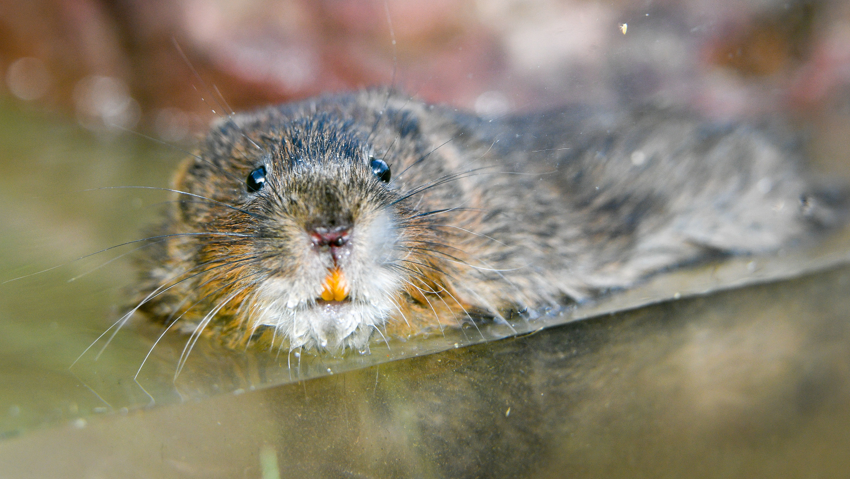
Dogs can cause less disturbance than humans to animals such as the water vole
Ms Janda also hopes her pup can be trained to help detect pine martens, one of the UK's rarest carnivores but which are regaining a foothold in Kielder Forest.
“It’s baby steps for Goose, but who knows what other species he’ll add to his sniffing list in the future?
"At the moment, he’s just loving the attention”.
Follow BBC North East on X, external, Facebook, external, Nextdoor and Instagram, external. Send your story ideas to northeastandcumbria@bbc.co.uk.
More stories on this subject
- Published9 November 2023
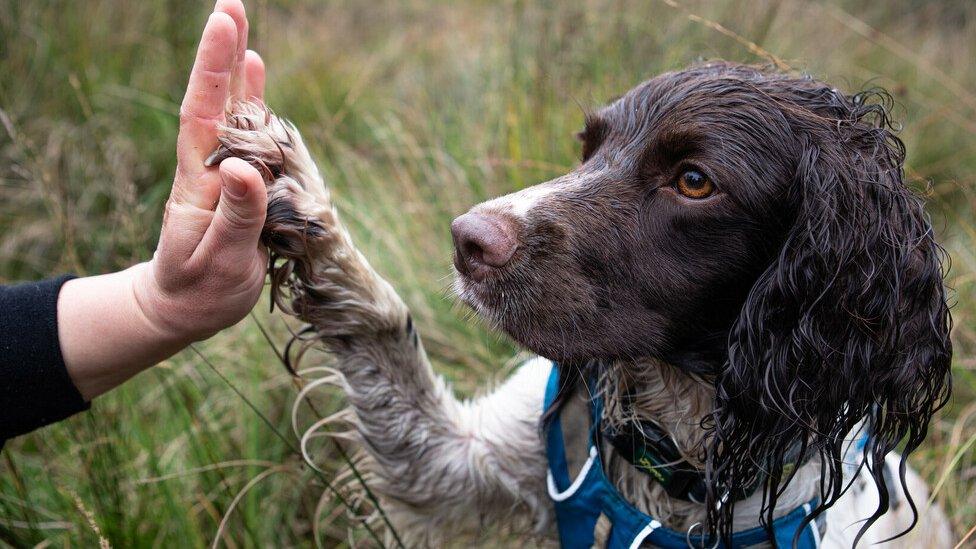
- Published15 June 2017
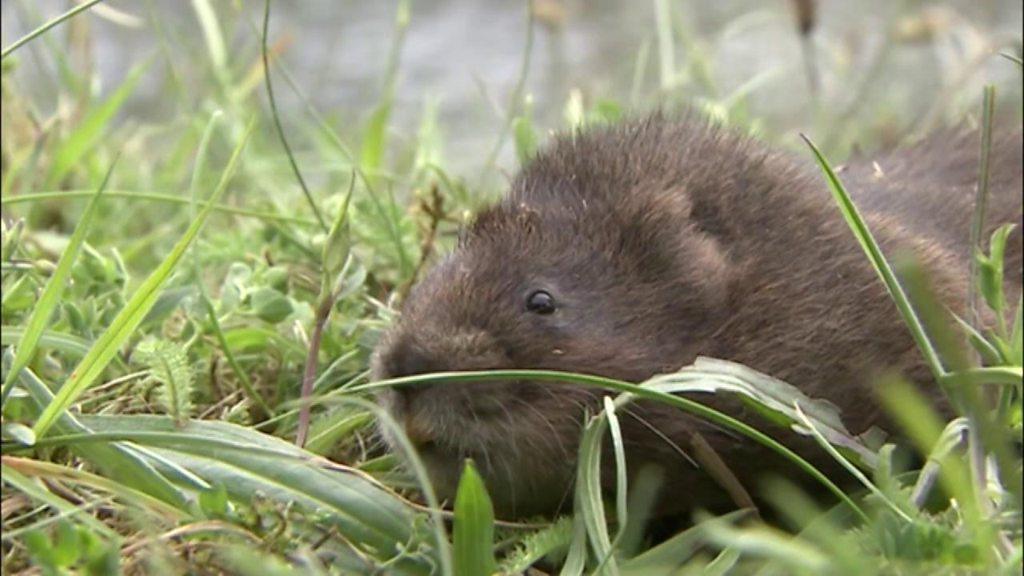
- Published17 August 2023
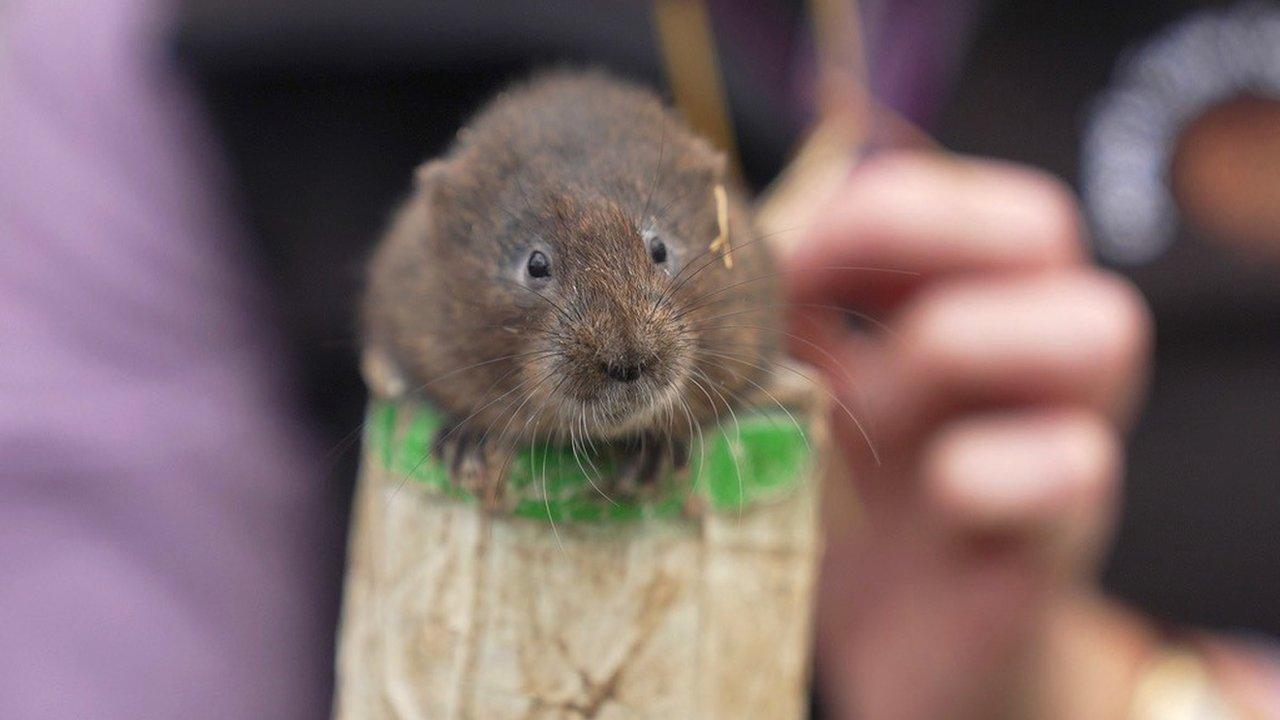
- Published23 May 2023
